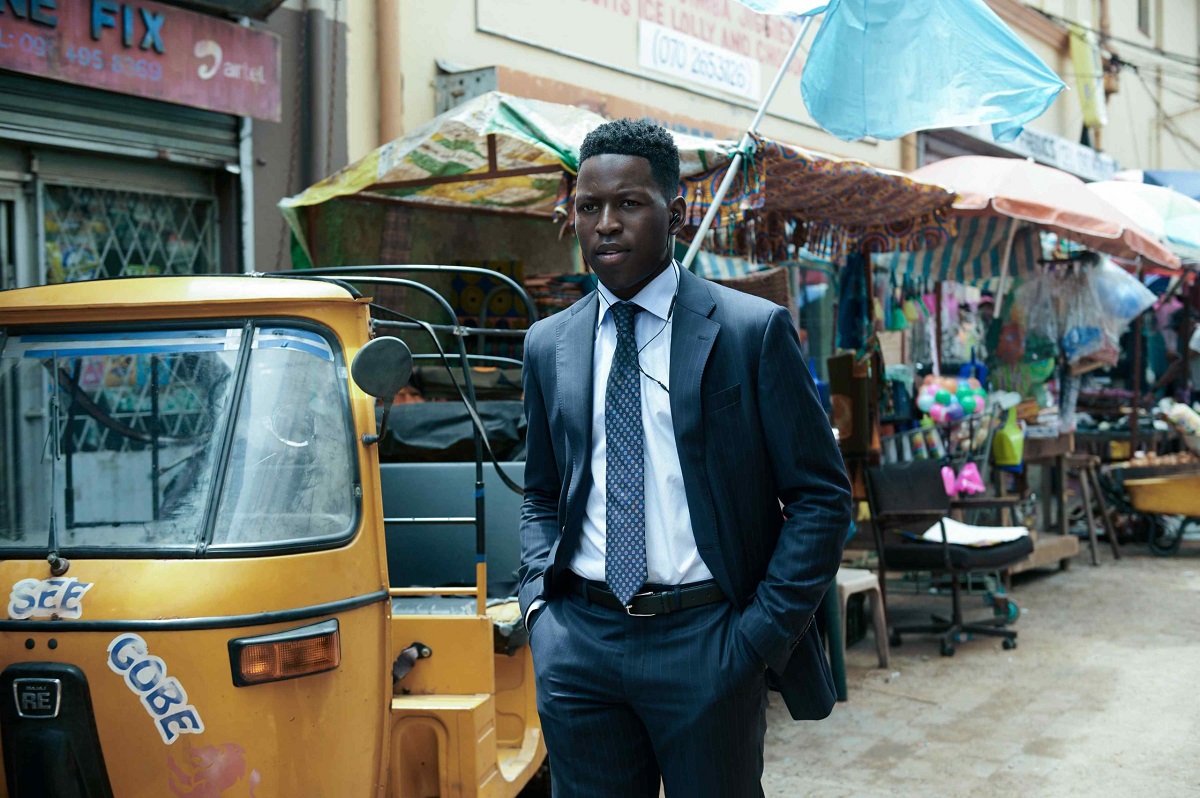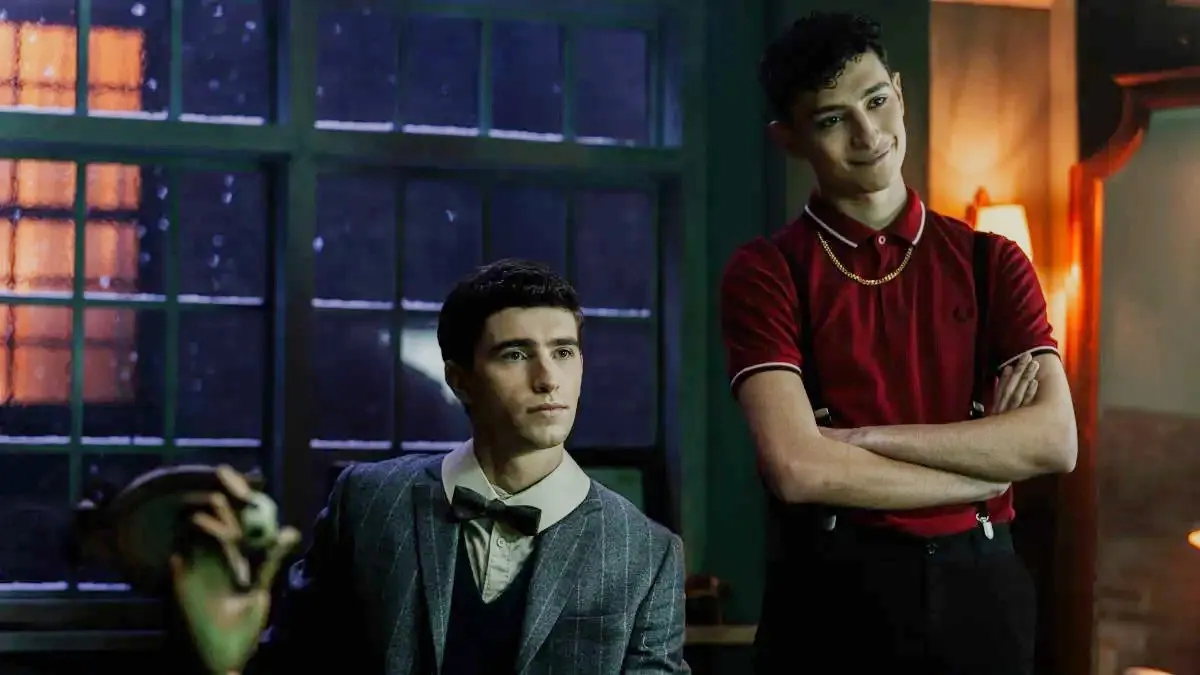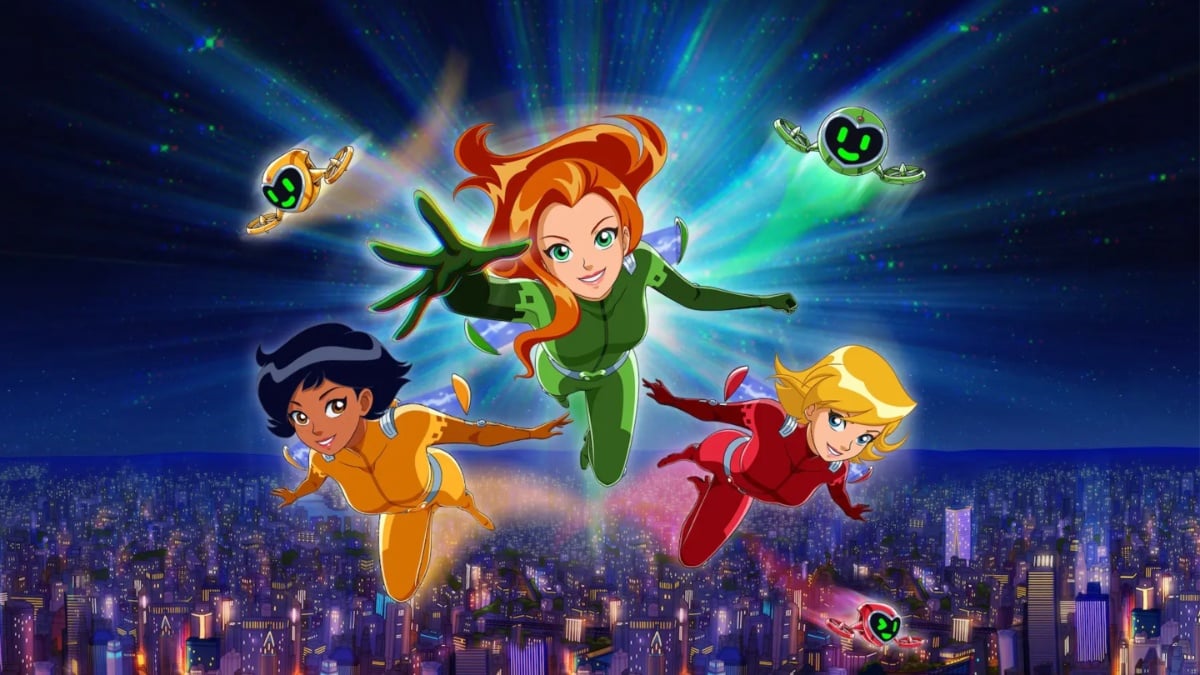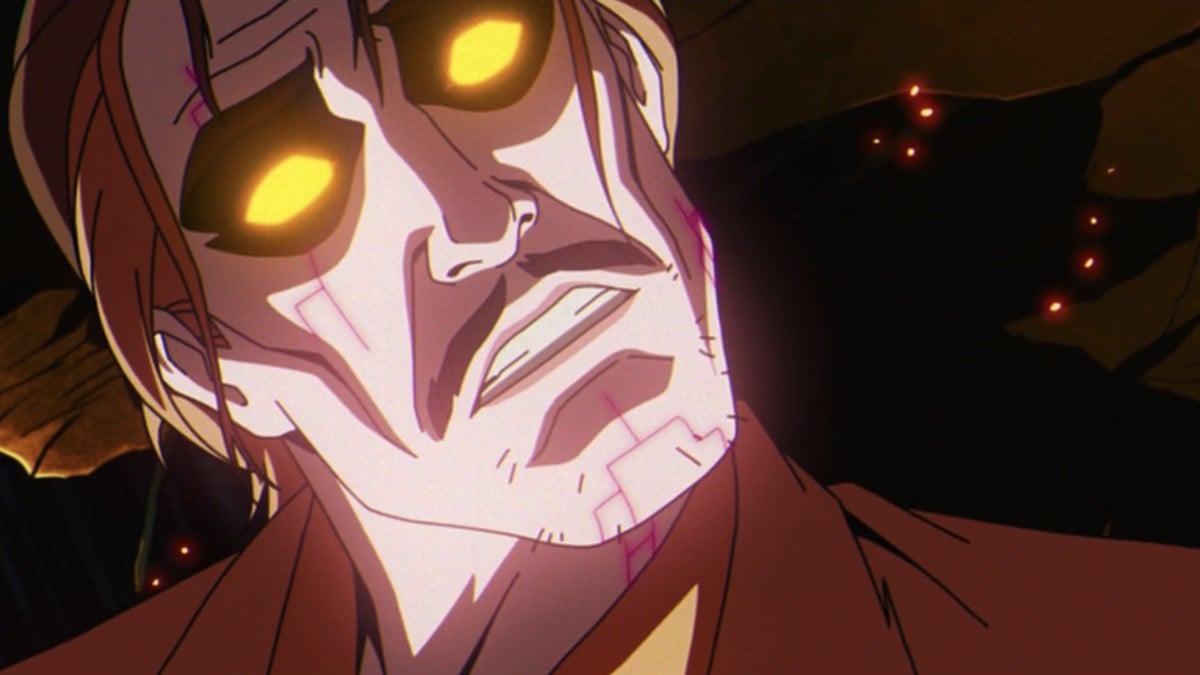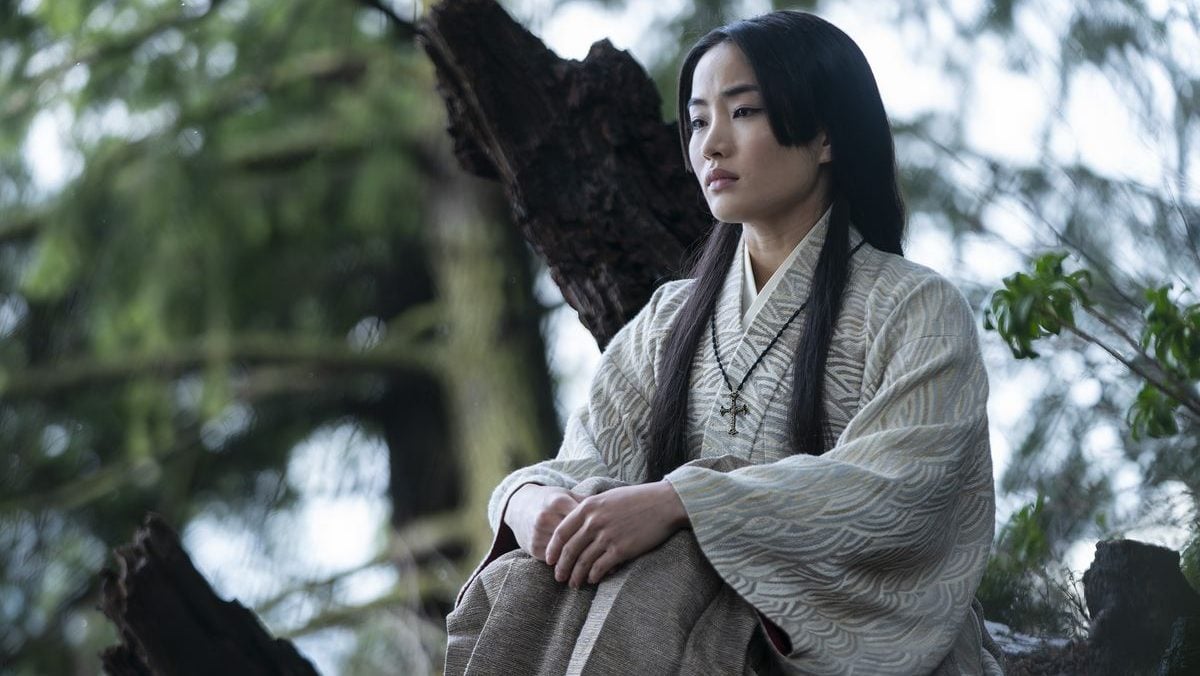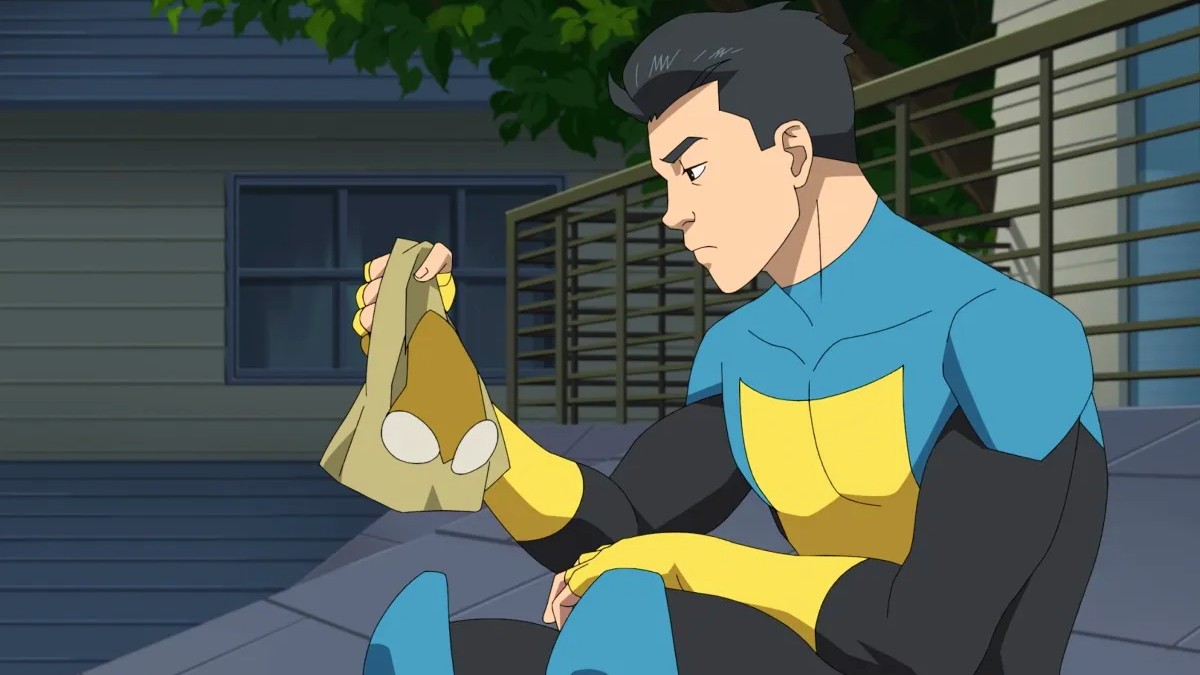Many of us know actor Toheeb Jimoh as the sweet, entrepreneurial Sam on Ted Lasso. However, he’s doing great and important work on another popular show right now. He plays journalist Tunde Ojo in the Amazon series adaptation of Naomi Alderman’s dystopian sci-fi novel, The Power.
While the girls and women in the story are rightfully centered, Tunde is an important character who serves as both a witness and as representation of a specific type of cis male “ally.”
As our own Julia Glassman wrote in her review of The Power, both show and novel tell the story of teen girls who’ve suddenly developed “a new organ called a skein, which gives them the power to shoot electricity from any part of their body. They soon learn that they can activate the power in older women, and the power quickly becomes a global phenomenon.”
Tunde fails at being an ally to Ndudi
Tunde Ojo is a young, aspiring journalist living in Nigeria who’s built a social media following and reports on local stories. His friend, Ndudi (Heather Agyepong), shares his journalistic ambitions and has sniffed out a story about what is colloquially known as “juju,” “magic” that girls and women have been using in an empowering way.
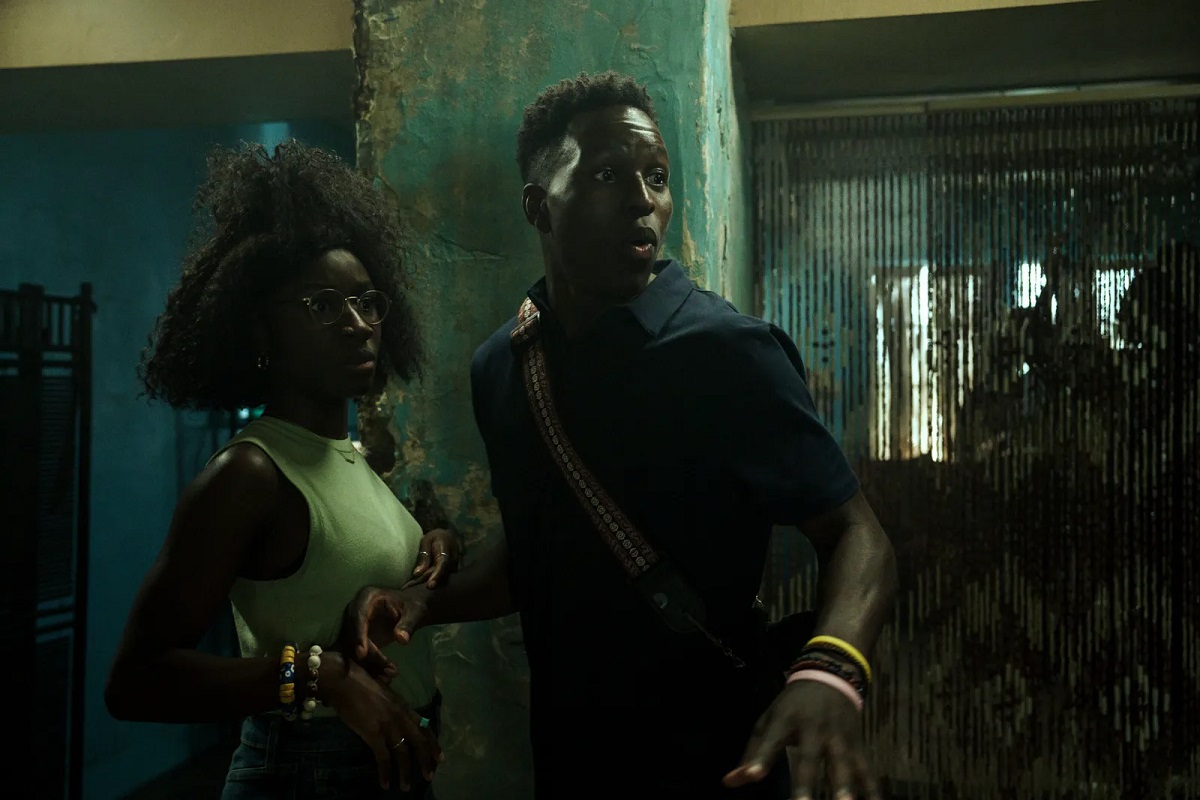
Ndudi wrangles an invitation to an upcoming “juju” meeting. When she invites Tunde, he declines, dismissing the “juju” and prioritizing his plans to hook up with a hot girl. When that hot girl becomes literally “hot” and accidentally shocks him with electricity from her hands as they’re making out, he starts to get curious.
He ends up sneaking into the “juju” meeting—now the only man in an all-girl space. When Ndudi catches him spying, it draws the attention of the other girls, who try to attack him. When Ndudi tries to protect him, one of the girls zaps Ndudi in the face with electricity. The girls, who never intended to hurt anyone to that extent, run off in fear.
Tunde had filmed the whole incident. After getting Ndudi’s help, he posts the video of Ndudi’s attack online without her consent. He becomes known for covering this new power, and CNN reaches out to offer him work covering it for them.
So, a young woman had an idea that a young man originally dismissed, but when he finally saw the value in it, he ended up benefitting career-wise while taking the story away from her and ruining her life in the process.
“Women’s work,” until it pays …
Ndudi calls him out on this and, despite their close friendship (and her seeming romantic feelings for him?), their relationship becomes strained. Yet, he pursues the story and takes the opportunities CNN gives without so much as an “I’ve been working with a journalist here in Nigeria, and I need her to report on this story, as she gets me into female spaces I might not be able to get into myself. Can you hire us both?”
So many things started under the purview of women, but became “male-dominated spaces” the second there was big money to be made. Cooking is “women’s work” until you want to open a Michelin-starred restaurant. Suddenly Netflix’s Chef’s Table is a dude-fest, male chefs get docuseries deals, and there’s a culture cultivated around the “bad-boy chef.”
Hair and fashion are superficial “women’s concerns” until you want to sell those products and services to women. Suddenly hair product empires have male names like Paul Mitchell or Vidal Sassoon, and there are more upscale fashion designers who are men than women.
In the early days of film, there was gender and racial parity among film writers and directors. It wasn’t until big banks started financing films that women and POC became too “risky” to lend money.
It’s “women’s work” in the domestic sphere, but when it starts to pay, suddenly only men do it.
Men presume Tunde’s competence … and are quickly proven wrong
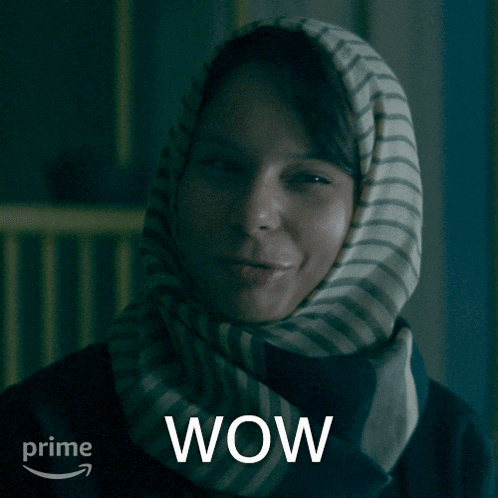
In Episode Four, “The Day of the Girls,” CNN flies Tunde to Saudi Arabia using a student visa. Journalists aren’t allowed entry into the country, and it is illegal for girls and women to use the Power. When a young man harshly beats a young girl he discovers using her Power, it sparks outrage among the women. They take to the streets, demanding justice for the girl, and themselves.
Tunde is swept up in the protests. At first, he enjoys the excitement of it. Then, s**t gets real. When he shares with the women that he’s a journalist, some want to get on camera, hopeful that others will see their struggle. One girl who does this gets shot in front of him.
He’s done seemingly no research on the political climate in Saudi Arabia (despite the “reading” he claims to do) and has no idea how truly unsafe he is there. Tunde makes messes he’s unprepared to clean up.
“Did you think you were going to save me?”
A young woman named Nourah (Amina Ben Ismaïl), an experienced activist and organizer, befriends Tunde and helps him get through the day. She teaches him how to care for his eyes after being tear gassed. She protects him from being attacked by angry women when he intervenes on behalf of a soldier being tortured by a woman with the Power. Nourah even has a safehouse to use so he can file his story safely, and she arranges a car to take him over the border into Jordan before the Saudi government gets to him.
Despite all the help and education that Nourah has provided him, Tunde has the nerve to offer her help to “get out of this terrible place.”
In an awesome scene (with a great performance by Ben Ismaïl), Nourah takes him down a peg. She reminds him that he’s been in her country all of five minutes and has no idea what it’s like to live here. She informs him that she loves her country, and that the entire point of her activism is to make it a place where she and other women can safely live, not leave. She then asks him how it feels when people assume things about Nigeria having never lived there. He replies with an embarrassed smile, “I find it mildly irritating.”
Tunde is an important character to include in a story like this
Though I now desperately want to, I’ve never read Alderman’s original book. I don’t know how Tunde Ojo functions in the novel, but I think he’s such an important character to include in a story like this. There are so many cis men who know that women are oppressed all over the world. They not only know it, but they believe it’s wrong. They see it as injustice, and speak out on behalf of the oppressed. They, like Tunde, might work to “amplify” women’s voices and experiences to help their cause.
What they’re less good at is interrogating the ways in which they are complicit in sustaining this oppression. They’re less good at seeing what they might have to give up or share to bring about true equality. They are prepared to be loud, vocal allies so long as not much has to change for them.
They’re trying to balance a scale without having to remove any weight from their side.
For Tunde, real allyship to Ndudi would’ve been sharing his plans with her, asking her permission to post the video, and telling CNN that she’s his partner on this, since she not only tipped him off to the story, but got the necessary access to the “juju” meeting.
Real allyship to Norah would’ve been humbly asking, “What can I do to help?” It would’ve been trusting that after all the help and guidance she provided him, she knows what the women of Saudi Arabia need more than he does. He would’ve followed her lead.
Slowly, he’s learning this, and my hope is that Tunde is helping other young men learn it, too.
(featured image: Amazon)



